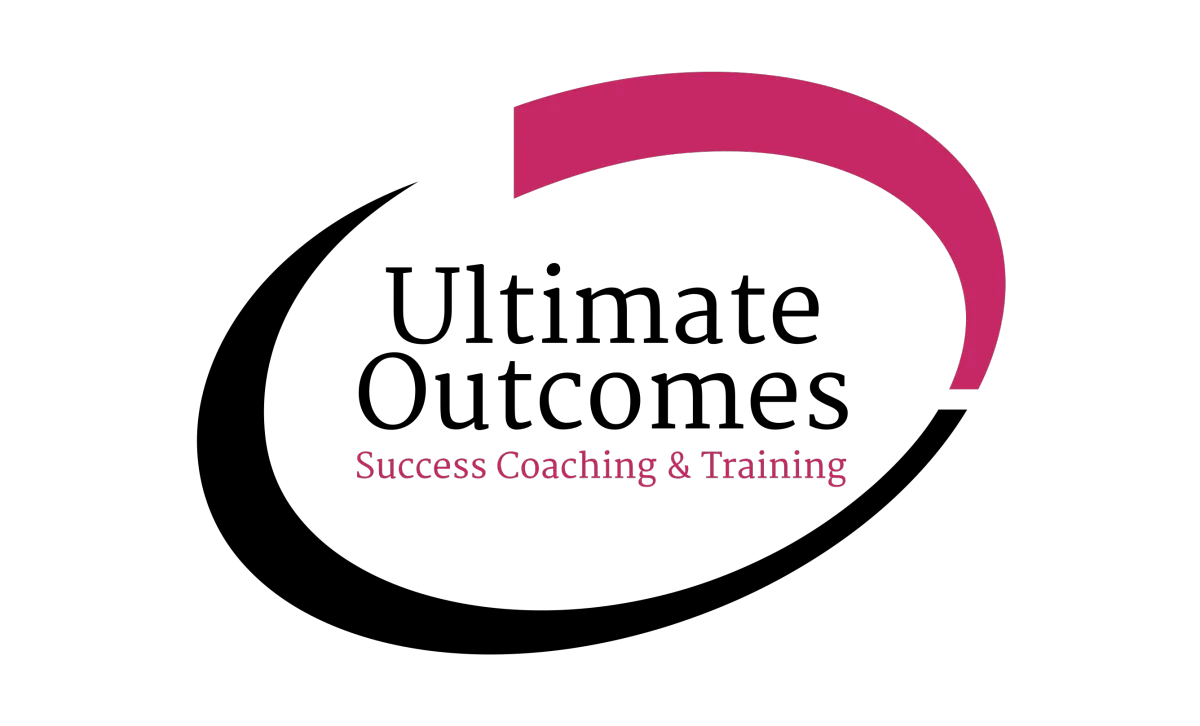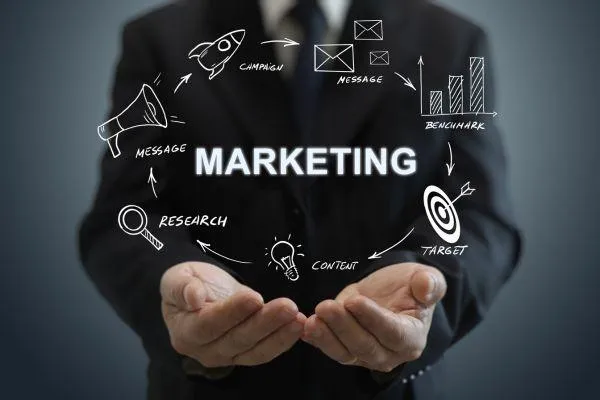
Business Blogs
Welcome to our business blog, where innovation meets insight.
Discover industry trends, expert advice, and thought-provoking perspectives on the latest developments in business, and leadership. Stay ahead of the curve with our curated content designed to inspire, inform, and elevate your business acumen.
Join us on a journey of discovery, as we explore the dynamic landscape of entrepreneurship, strategy, and success.
Let our blog be your go-to resource for staying informed and empowered in the ever-evolving world of business

10 Effective Strategies for Small Business Marketing
"While large corporations may have hefty marketing budgets and extensive resources, small businesses can still compete successfully by leveraging strategic marketing tactics tailored to their unique needs and goals."
Introduction:
In today's competitive business landscape, effective marketing is essential for small businesses to stand out, attract customers, and drive growth. While large corporations may have hefty marketing budgets and extensive resources, small businesses can still compete successfully by leveraging strategic marketing tactics tailored to their unique needs and goals. In this blog post, we'll explore 10 effective strategies for small business marketing that can help you maximise your reach, increase brand awareness, and drive sales.

1. Define Your Target Audience
Understanding your target audience is the foundation of any successful marketing strategy. Take the time to research and identify your ideal customers, including their demographics, preferences, needs, and pain points. By knowing who you're trying to reach, you can tailor your marketing efforts to resonate with your target audience more effectively.
2. Create Compelling Content
Content marketing is a powerful way to engage with your audience, establish credibility, and build brand awareness. Develop high-quality, relevant content that provides value to your target audience, whether it's blog posts, videos, infographics, or social media posts. Share useful information, answer common questions, and showcase your expertise to attract and retain customers.
3. Utilise Social Media
Social media platforms offer small businesses a cost-effective way to connect with their audience, build relationships, and promote their products or services. Choose the platforms that are most relevant to your target audience and create a consistent presence by sharing engaging content, interacting with followers, and participating in relevant conversations.
4. Optimise Your Website
Your website is often the first point of contact for potential customers, so it's crucial to make a positive impression. Ensure that your website is visually appealing, user-friendly, and optimised for search engines (SEO). Include relevant keywords, optimise page speed, and make it easy for visitors to find the information they're looking for and take action.
5. Leverage Email Marketing
Email marketing remains one of the most effective tools for nurturing leads, building relationships, and driving sales. Build an email list of subscribers who have opted in to receive communications from your business and send targeted, personalised emails that provide value and encourage action. Whether it's sharing updates, promotions, or exclusive offers, email marketing can help you stay top-of-mind with your audience.
6. Partner with Influencers
Influencer marketing can be a valuable strategy for small businesses looking to expand their reach and credibility. Identify influencers in your industry or niche who have a following that aligns with your target audience and collaborate with them to promote your products or services. Whether it's through sponsored content, reviews, or social media shoutouts, influencer partnerships can help you reach new customers and build trust.
7. Offer Promotions and Discounts
Everyone loves a good deal, so consider offering promotions, discounts, or special offers to incentivise customers to make a purchase. Whether it's a limited-time sale, a buy-one-get-one-free offer, or a discount for first-time customers, promotions can help drive traffic to your business and encourage conversions.
8. Network and Collaborate
Networking with other businesses and professionals in your industry can open up opportunities for collaboration, referrals, and partnerships. Attend industry events, join local business groups, and participate in online forums to connect with like-minded individuals and organisations. Building relationships with other businesses can help you expand your reach and access new customers.
9. Monitor and Analyse Your Results
Effective marketing requires ongoing monitoring and analysis to measure the success of your efforts and identify areas for improvement. Use analytics tools to track key metrics such as website traffic, engagement, conversion rates, and ROI. Analyse the data regularly to gain insights into what's working well and what can be optimised to drive better results.
10. Stay Agile and Adapt
The marketing landscape is constantly evolving, so it's essential for small businesses to stay agile and adapt to changes and trends. Be open to trying new strategies, experimenting with different tactics, and learning from both successes and failures. By staying flexible and responsive, you can continuously refine your marketing efforts to stay ahead of the competition and drive long-term success.
Conclusion:
Effective marketing is critical for small businesses to attract customers, increase brand awareness, and drive growth. By defining your target audience, creating compelling content, utilising social media, optimising your website, leveraging email marketing, partnering with influencers, offering promotions, networking, monitoring results, and staying agile, you can develop a strategic marketing plan that helps you achieve your business goals. With careful planning, creativity, and persistence, small businesses can compete successfully in today's competitive marketplace and thrive in the long term.
If you would like to explore how to achieve ultimate success in your business, we'd love for you to book in a complimentary Discovery Session with us to chat about where you are now and where you would like to be, with a guarantee that you will know the next step you need to take to get there.
You can book in for your session with us here: https://bookwithrobyn.as.me/discoverysession

